EUNETHYDIS meetings
During our 30th EUNETHYDIS members meeting in Nijmegen (September 18-20, 2019), we had inspiring symposiums on interesting topics, heated debates, celebratory award sessions, Special Interest Group meetings, and a farewell symposium.
OPENING
Tobias Banaschewski, chair of EUNETHYDIS, and Jan Buitelaar, host of this year’s meeting, open the EUNETHYDIS meeting in Nijmegen.
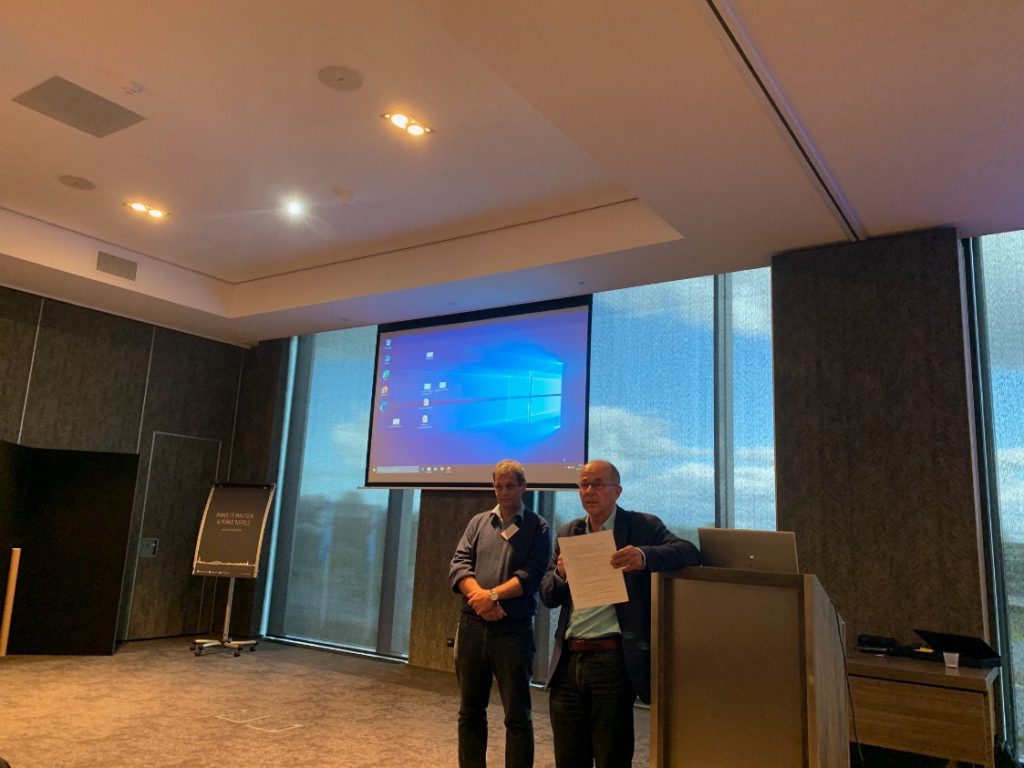
SYMPOSIUMS
1) Psychological/behavioral interventions
The first symposium was chaired by David Coghill. In this session, we learned about mindfulness and its effects on ADHD symptoms (Corina Greven & Nienke Siebelink), an individual participant data meta-analysis on effects of behavioural interventions for ADHD (Annabeth Groenman & Saskia van der Oord ), Cognitive Behavioural Therapy for college students with ADHD (Anouk Scheres & Mary Solanto), physical exercise and its effects on ADHD (Jonna Kuntsi), and the New Forest Parenting Programme being tested worldwide (Margareth Thompson).
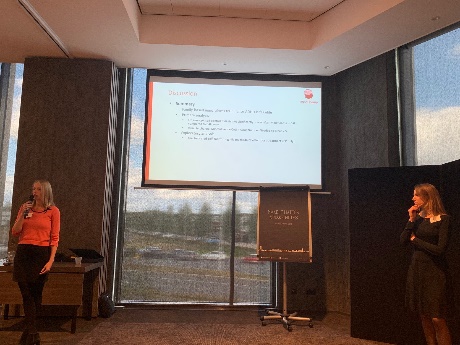
2) Neurocognition
This symposium was chaired by Roeljan Wiersema and Marjolein Luman and featured a novel computerized cognitive app that may assist in the assessment in individuals with ADHD (Nanda Rommelse), the contribution of executive functions and emotion regulation in children with ADHD (Lisa Thorell), the role of mind wandering in cognitive functioning in those with ADHD (Philip Asherson & Natali Boshilova), and the effects of stimulating home environments for learning on the development of executive functions in children with ADHD (Andrea Berger).
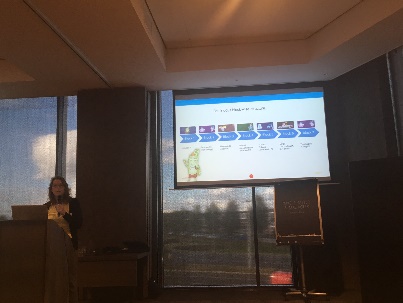
3) Comorbidity and pharmacology
Toni Ramos and Maddie Groom chaired this symposium during which we learned about an epidemiological study that did not suffer from referral bias in which ADHD in adulthood was strongly associated with aggressive and autistic traits (Catharina Hartman), the importance of sleep assessment in individuals with ADHD (Denise Bijlenga), the results of a large meta-analysis about medication over- and under-treatment of ADHD worldwide (Luis Rohde), long-term effects of medication and how to determine when and how to stop with medication use (Pieter Hoekstra), and new data from the ADDUCE project (Alessandro Zuddas).
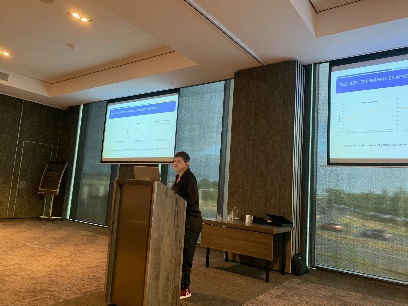
4) Neurobiology and brain imaging
This symposium was chaired by Kerstin Konrad and Martine Hoogman. Talks addressed the following interesting topics: Functional processing in the ADHD brain (Roselyne Chauvin), specificity and generalizability of brain imaging findings in those with ADHD (Sarah Durston), news from old EEG (functional markers and neurofeedback targets) (Dani Brandeis), novel neurotherapeutics in ADHD (Katya Rubia), and selective brain region vulnerability in ADHD (Steve Faraone).
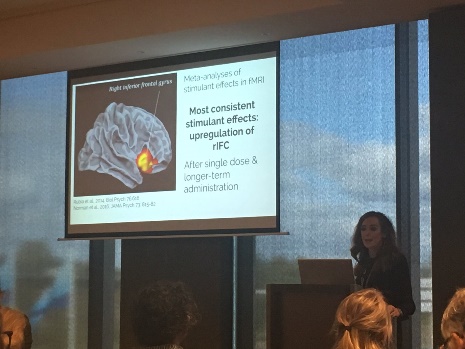
5) ADHD during childhood and in school
During this symposium, chaired by Katja Becker and Arthur Kaye, we learned that overall knowledge by teachers about ADHD is low (Hanna Christiansen & Anna Strelow), that early life impulsivity is a significant predictor of ADHD/ODD (Ursula Pauli-Pott & Katja Becker), about a micro-trial in which it was shown that different components of parent- and teacher-trainings are effective for different age groups of children with ADHD (Marjolein Luman & Anouck Staff), that there are significant effects of early intervention in kindergarten on the development of mental health, and that children with ADHD are less likely to receive such early support compared to those with autism in Norway (Guido Biele), and that atypical brain activation (increased beta power as measured with EEG) is already present in preschoolers with ADHD (Elizabeth Shepard & Guilherme Polanczyk).
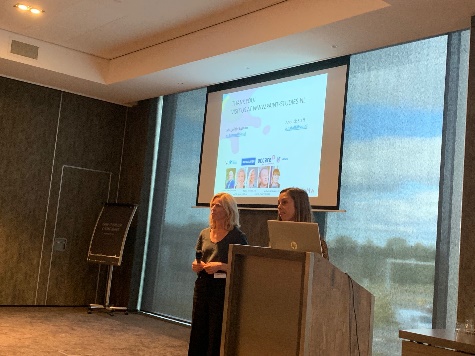
DEBATE
Sven Bolte and Anita Thapar engaged in the exercise of taking a pro or con standpoint in the debate statement “ADHD should not be viewed as a disorder but rather as a form of normal behavior within the spectrum of neurodiversity”. Anita Thapar made a strong case PRO this statement (consistent evidence from epidemiological and genetics study that ADHD can be viewed as the extreme end of a continuum, and the environment should adapt to those at the end of the continuum), while Sven Bolte argued CON (where is the evidence for neurodiversity? Are ADHD traits really best viewed as the end of a continuum?). The debate was heated, fun, and engaging! The audience was divided. Best of all, engaging in a debate and watching it is a really fun and useful exercise!
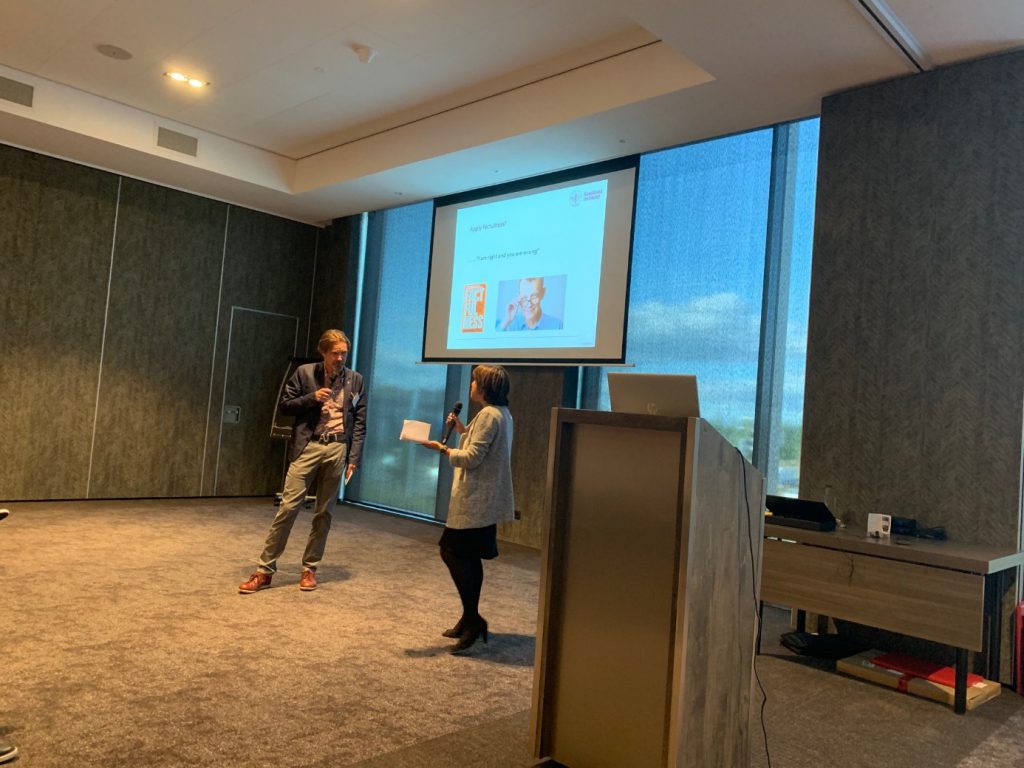
AWARDS
- Professor Jan Buitelaar was awarded the Lifetime Achievement Award of ESCAP for his work in child and adolescent psychiatry. Congratulations!
- Professor Joe Sergeant, the founder of EUNETHYDIS, received the EUNETHYDIS Lifetime achievement award for sustained, fundamental, and outstanding contributions to Attention-Deficit Hyperactivity Disorder (ADHD) and associated developmental conditions. EUNETHYDIS recognizes the awardee’s lived spirit of the society in terms of mutual respect, trust, support, inspiration, and encouragement of other scientists. EUNETHYDIS honours the awardee’s distinguished career, as well as his efforts to improve the lives of individuals with ADHD and their families. EUNETHYDIS particularly dignifies the awardee’s unique efforts to establish the society and his lifetime service for the network. Congratulations and thank you!
- Professor Eric Taylor received the EUNETHYDIS Lifetime Achievement Award for sustained, fundamental, and outstanding contributions to Attention-Deficit Hyperactivity Disorder (ADHD) and associated developmental conditions. EUNETHYDIS recognizes the awardee’s lived spirit of the society in terms of mutual respect, trust, support, inspiration, and encouragement of other scientists. EUNETHYDIS honours the awardee’s distinguished career and lifetime service for the network and his efforts to improve the lives of individuals with ADHD and their families. Congratulations and thank you!
- Marieke Klein and Samuele Cortese received the Kramer-Pollnow prize for their outstanding contributions to ADHD research. Congratulations!

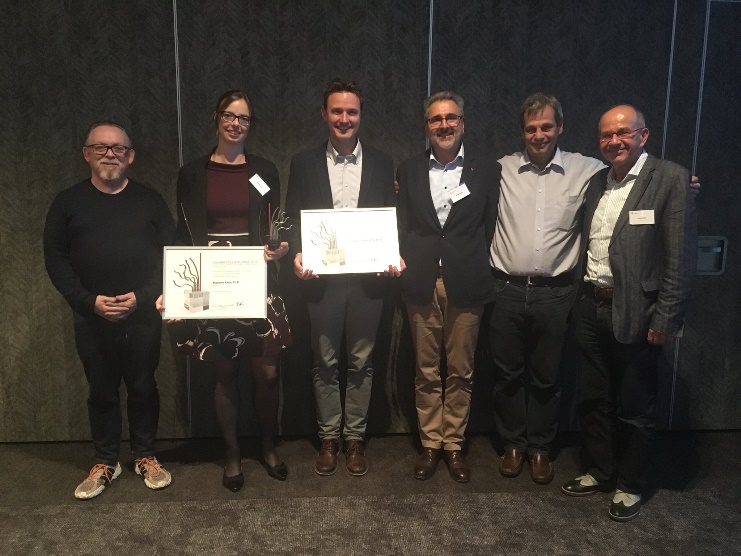
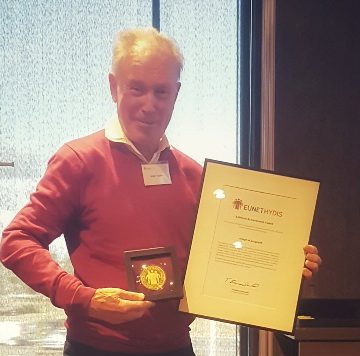

FAREWELL SYMPOSIUM JAN BUITELAAR
On the last day, we all attended and enjoyed the Farewell Symposium for Jan Buitelaar “child Psychiatry: What’s next?”, during which there were excellent talks by Barbara Franke, Steve Faraone, Christian Beckmann, Mark Bellgrove, Declan Murphy, and Celso Arrango. And of course, there was Jan Buitelaar’s farewell lecture “At a closer look”. It was an inspiring and special day, and we learned that Jan is planning to do a “reboot-and-restart” rather than a “shutdown” as far as his important work is concerned!